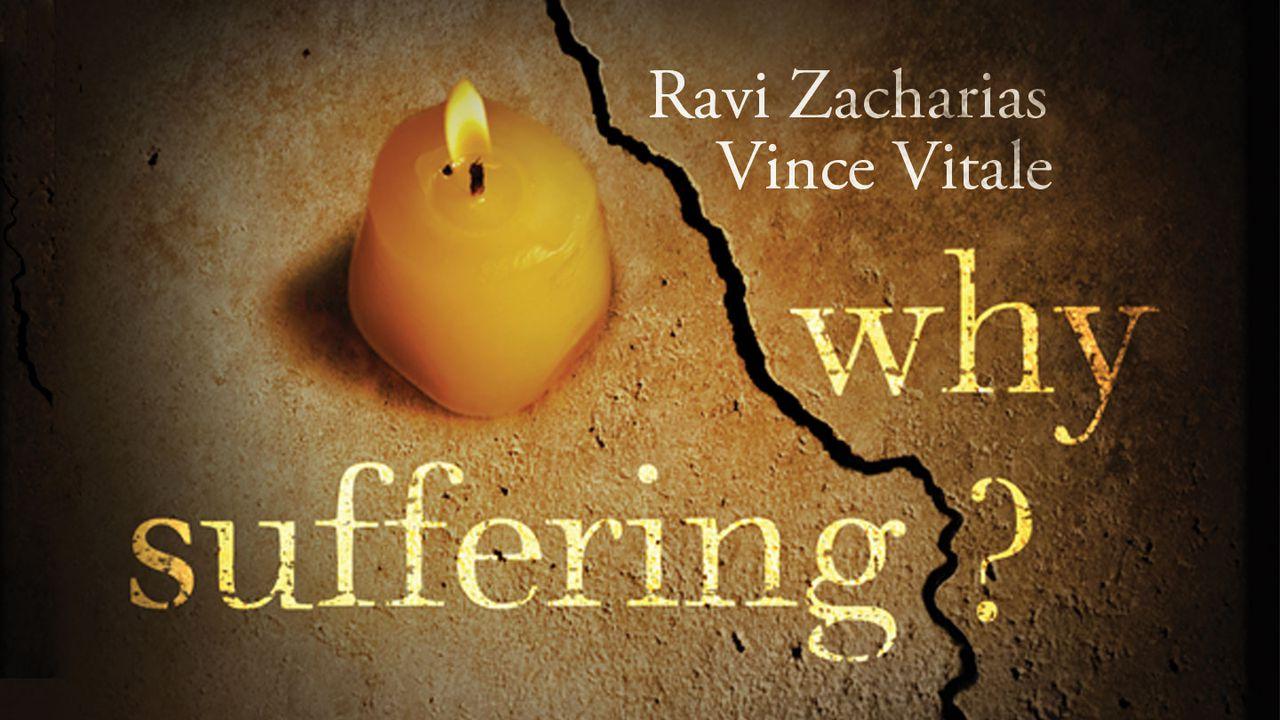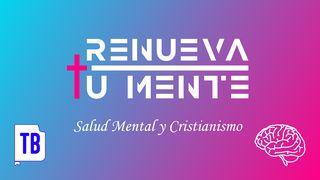Why SufferingMuestra

Objections and Clarifications
At this point in the devotional series, it’s worth pausing to consider some common objections that naturally arise, and to provide some needed clarification. However, this is no mere disclaimer; these points are essential to our understanding of God, free will, and eternal life.
First, that we wouldn’t have come to exist in a world without suffering doesn’t entail that God created or caused evil and suffering in order to bring us into existence. Rather, it only implies that one reason God might allow evil and suffering to continue once it entered the world is out of a desire to love the individuals that would come to exist.
Relatedly, the fact that God knows the details of the future doesn’t mean that He directly causes future evil and suffering. It should be unsurprising that the God who knows the number of hairs on our heads (Matt. 10:30; Luke 12:7) knows us so well that through His omniscience He is able to foresee how the future will unfold without being to blame for all of its badness.
Second, that we wouldn’t have existed without suffering doesn’t mean that we cannot one day exist in a suffering-free heavenly state. Indeed, the picture of eternal life that we read about in Scripture is one of eternal pleasures in the presence of God (Ps. 16:11) devoid of pain, mourning, and tears (Rev. 21:4).
Third, nothing implies that God doesn’t regret suffering, or that choosing to allow suffering is an easy choice for Him. It may be that, in one sense, God’s choice is no easier than the choice to bring a child into this world. It’s a sobering decision, and a decision mixed with great regret at the suffering that will accompany the creation of life. But, nevertheless, it’s a decision made out of love—love proven by the readiness of the Creator to suffer alongside those He creates and to see them through that suffering at any and all costs.
What kind of world we think God would create and sustain depends on what we think God would value. What if one of the things God values—values greatly and unconditionally—is you?
What if He valued a world in which you would exist, and in which your parents would exist, and your grandparents, and your ancestors before them? Suppose He wanted them. Suppose He wanted a world in which every generation in every part of the world is made up of people He has chosen, because He loves them and desired to call them into relationship with Himself.
Sometimes we wish God had allowed a different sort of world to exist, but in doing so we unwittingly wish ourselves, and those we love, right out of existence. And so the problem of suffering is reframed in the form of a question: Could God have wronged us by creating a world in which we came to exist and are offered eternal life, rather than creating a different world in which we never would have lived?
Reflection Questions
- How would you personally answer the question at the end of this devotional?
- How does a knowledge of what eternal life will be like provide hope amidst the suffering of this world?
Bible Verses
- Psalm 16:11
- Matthew 10:30
- Luke 12:7
- Revelation 21:3-4
Escritura
Acerca de este Plan

This study is based on the book WHY SUFFERING? written by Christian apologist Ravi Zacharias and Vince Vitale, Dean of the Zacharias Institute, It is written for the Christian struggling for an answer, the seeker who thinks suffering disproves God’s existence, and the sufferer who needs a glimpse of a loving God.
More
Planes relacionados

¿Qué Nos Pasó En El Edén?- Psicología De La Caída

El Rey Que Se Hizo Siervo

Eso Tiene Sentido: Una Reflexión Amable Sobre Los Orígenes De La Adicción, Cómo Entenderla Y Cómo Ser Indulgente Consigo Mismo

El Encuentro Que Transforma

Renueva Tu Mente

Un Día a La Vez

La Compasión Por Encima De La Crítica: Ver La Ansiedad Desde Una Nueva Perspectiva

Transformados a su imagen

Una Oración Bíblica Por Los Esposos
